commentary Commentary
Commentary: Malaysia’s political chess games are not over
With Prime Minister Muhyiddin Yassin’s government having a thin majority, it is bound to be challenged ceaselessly, says Dr Ooi Kee Beng.
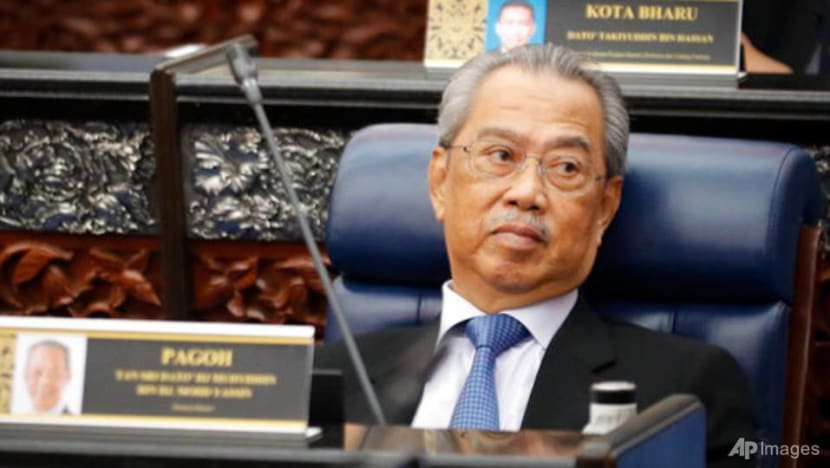
File photo of Malaysia's Prime Minister Muhyiddin Yassin. (Photo: AP)
PENANG: Using legalist or technical language to explain Malaysian politics in the significant and tumultuous year of 2020 is not really going to capture the essence of what has been unfolding over the last eight months.
A longer historical vantage point, coupled with the immediate recognition that political opportunism is most rampant when a power structure is at the point of collapse, may be more illuminating.
Viewing Putrajaya intrigues as moves in a chess game may be more helpful; with the caveat that what we have been observing may look like end games but are really ones not meant so much to decide the winner as to keep the game going.
The question that begs to be asked then is, “What is that game?”
READ: Commentary: UMNO’s in no shape to play kingmaker in Malaysia
The ease with which the Pakatan Harapan (PH) government was brought down in February did not only showcase the heightened risk-taking propensity of Malaysian politicians whose future is in great doubt. It also acts as a stinging reminder that PH came into power 22 months earlier via a critical and compromising shift in its self-image.
Having gone from strength to strength since its surprising success in the 2008 elections, the reformist coalition did not however appear to have the energy or conviction to go all the way and actually topple Barisan Nasional (BN) on the strength of its credibility and its reform agenda.
At that point, the return of Tun Dr Mahathir Mohamed and his newly founded party, Bersatu, seemed to be the missing ingredient it needed.
And so, PH decided to work with - and to trust - Mahathir Mohamed. Especially for Anwar Ibrahim’s family, that move was a hard one to make, particularly when it also meant that Mahathir would again become Prime Minister.
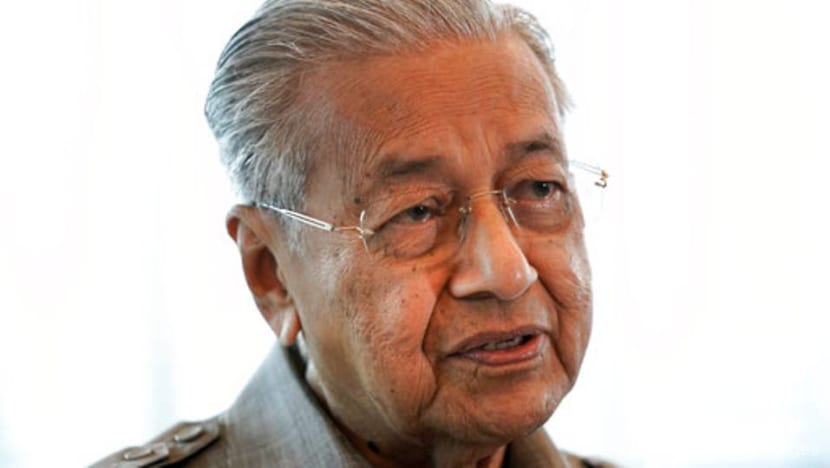
As it turned out, the collaboration between these two adversaries proved effective enough to bring down BN, ending Malaysia’s dubious structural status as a one-party state. It did not prove solid enough however to stay the course, not even for one electoral term.
TWO TANGLED PATHS
Two complexities unfolded on May 9, 2018, when the United Malays National Organisation (UMNO) and BN finally fell.
Mahathir’s obsessive goal had been to bring down Najib Razak and to make him pay for the 1MDB scandal. This he managed to do, using PH as his vehicle. But how committed he was to championing the original Reformasi agenda of the old PH was always in doubt.
READ: Commentary: Why Anwar Ibrahim’s longheld dream of becoming Malaysia PM keeps getting thwarted
The first complexity stemmed from the internal distrust and compromise that plagued the PH government, weakening its reformist ambitions.
Also, the painful truth was that PH had not captured the Malay ground. It had won the election partly thanks to the Malaysian Islamic Party (PAS) and UMNO electioneering separately, as they were prone to do, and not together.
Looking back, PH’s goals had been overplayed and strategically telescoped for electoral gain, and therefore, once in government, it grew cautious and became overly sensitive to public criticism, especially when that came from opposing camps.
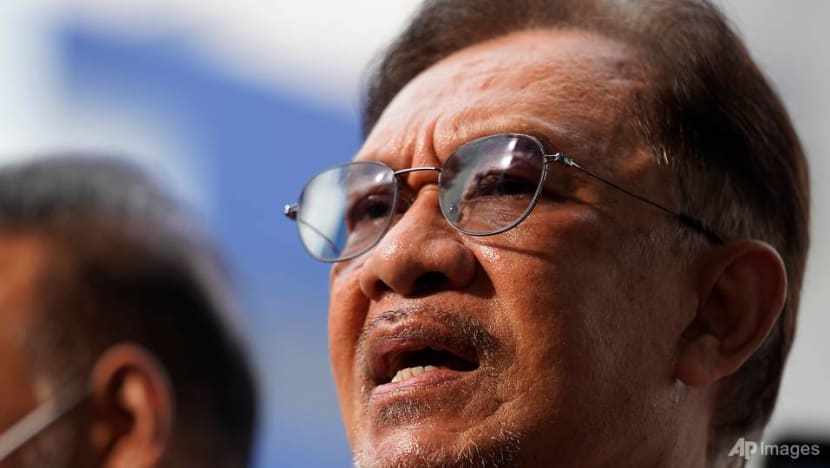
The PH that came into power was in fact a newly constructed coalition, formed for winning the 2018 general elections rather than for running a post-BN government.
That shift, most clearly symbolised by Mahathir’s refusal to hand over power to Anwar, and by the insuperable split within Anwar’s Parti Keadilan Rakyat (PKR), which was furthermore consciously aggravated by Mahathir, was always going to be its Achilles’ heel.
DRUMMING UP MALAY SUPPORT
Second, non-Malay support was now concentrated around the Democratic Action Party (DAP) as one of the largest parties in parliament - paradoxically, it became the largest after the dust settled following Muhyiddin Yassin’s successful Sheraton Move.
READ: Commentary: Malaysia’s political carousel brings a hit to its economy
Toppling the PH government then became a simple game of getting enough Malay leaders from any Malay-based party to come together, and then to convince the Agung that PH no longer had a parliamentary majority.
The fall of BN in 2018 had in truth upset the career paths and the political future of many leaders in the BN, not least of all Najib Razak, and the Sheraton Move was strongly motivated by personal desperation to save themselves.
READ: Commentary: Sabah state election ignites fresh Game of Thrones jostling in Malaysian politics
The game had to keep going, and it must have them as key players. The Reformasi agenda and what it had precipitated in Malaysian governance had to be stopped.
Within the PH leadership itself, the in-built tensions and power struggles involving Mahathir, Anwar, Muhyiddin and Azmin Ali overflowed to connect easily with BN’s and PAS’ ambitions, and to complete the dynamics needed to topple the PH government.
The rest is history.
In short, the chess game was most ably and energetically played by leaders of Malay parties who either faced — and still face — legal charges or political irrelevance, and who had the ubiquitous and powerful racialist discourses and sentiments on their side.
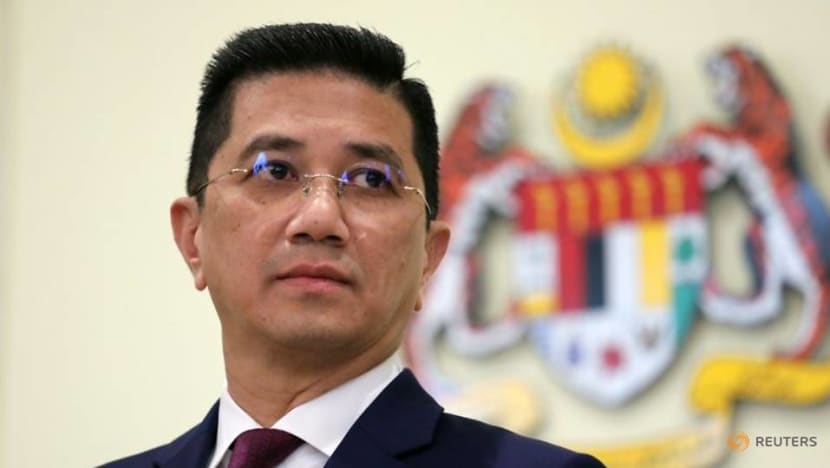
Dissatisfaction and disgust on the Malay ground over a Chinese-based party, the DAP, holding important positions and displaying a coterie of competent and reform-minded young leaders, had been heavily whipped up by UMNO and other cybertroopers.
This definitely emboldened the masterminds behind the Sheraton Move to act when they did, and to take the big risks that they took.
One could argue that COVID-19 worked to the new regime’s advantage in that the health crisis dampened the public’s wish or PH’s eagerness to oppose Muhyiddin’s right to govern, especially after the King’s granting of that right to him.
In any case, the internal splits, the shock and the blaming within PH went too deep for it to mount a concerted effort in that direction.
BOUND TO BE CHALLENGED
The coup jointly orchestrated by Mahathir’s second-in-command, Muhyiddin, and Anwar’s second-in-command, Azmin, which put them in power with a supposed majority – one that would in any case be paper-thin and, so, not to be relished in peace. Their government was bound to be challenged ceaselessly.
Postponing votes of no-confidence in parliament could not go on forever.
Sure enough, what the coup-makers did to PH back in February, Anwar decided to do to them in October.
Granted an audience with the King, Anwar claimed he had a “strong majority” to become the new Prime Minister. This could only mean that there were many members of parliament from UMNO willing to join Anwar to topple Muhyiddin.
READ: Malaysia king urges MPs to give 'solid support' to budget 2021 for people's well-being and economic recovery
For some of them, the best way to avoid the court room was to be in power; and for others, playing second fiddle to Muhyiddin and Azmin — two former UMNO members who had left the party for their own ends — was not something they could live with once the PH government was gone.
With his back against the wall now, Muhyiddin, decided to seek from the King the right to declare a national emergency and to prorogue parliament. He had COVID-19 as a good excuse after all.
The move failed, and the King, after discussions with the Council of Rulers, wisely denied the Prime Minister that right.
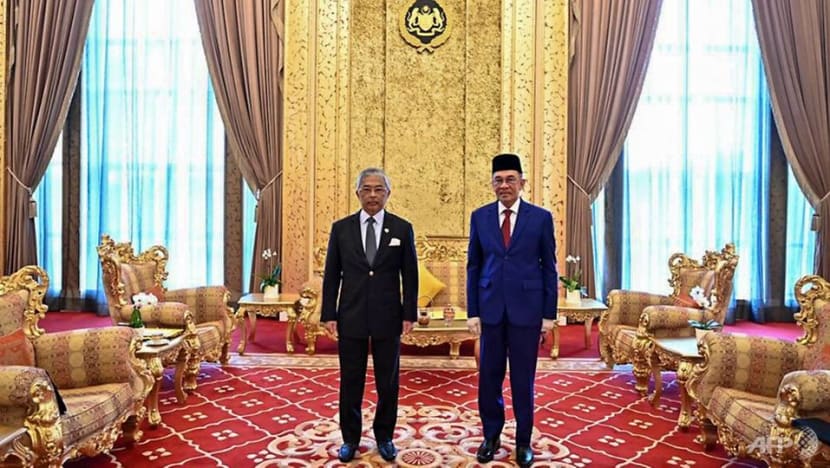
This royal slap on the wrist is meant to be felt by everyone involved, be they seated in the front room or hidden in the back room of intrigues.
And so, subsequent to the royal position, a public show of solidarity has been attempted by all concerned, and with the poignant point being made that collaboration between politicians was the order of the day, as long as the DAP - the easily identified “Other” - was kept out of the corridors of power.
READ: Commentary: Malaysian politics is going through a midlife crisis
The chessboard remains in place, and the end game is nullified.
The hated talk about reforms can be kept at bay and be overshadowed once again by the powerful illusion of Malay unity. And everyone still has a political future.
No reset of the system is needed, they hope.
Dr Ooi Kee Beng is the Executive Director of Penang Institute, Malaysia. His latest book is As Empires Fell: The Life and Times of Lee Hau-Shik, the First Finance Minister of Malaya (ISEAS, 2020)














